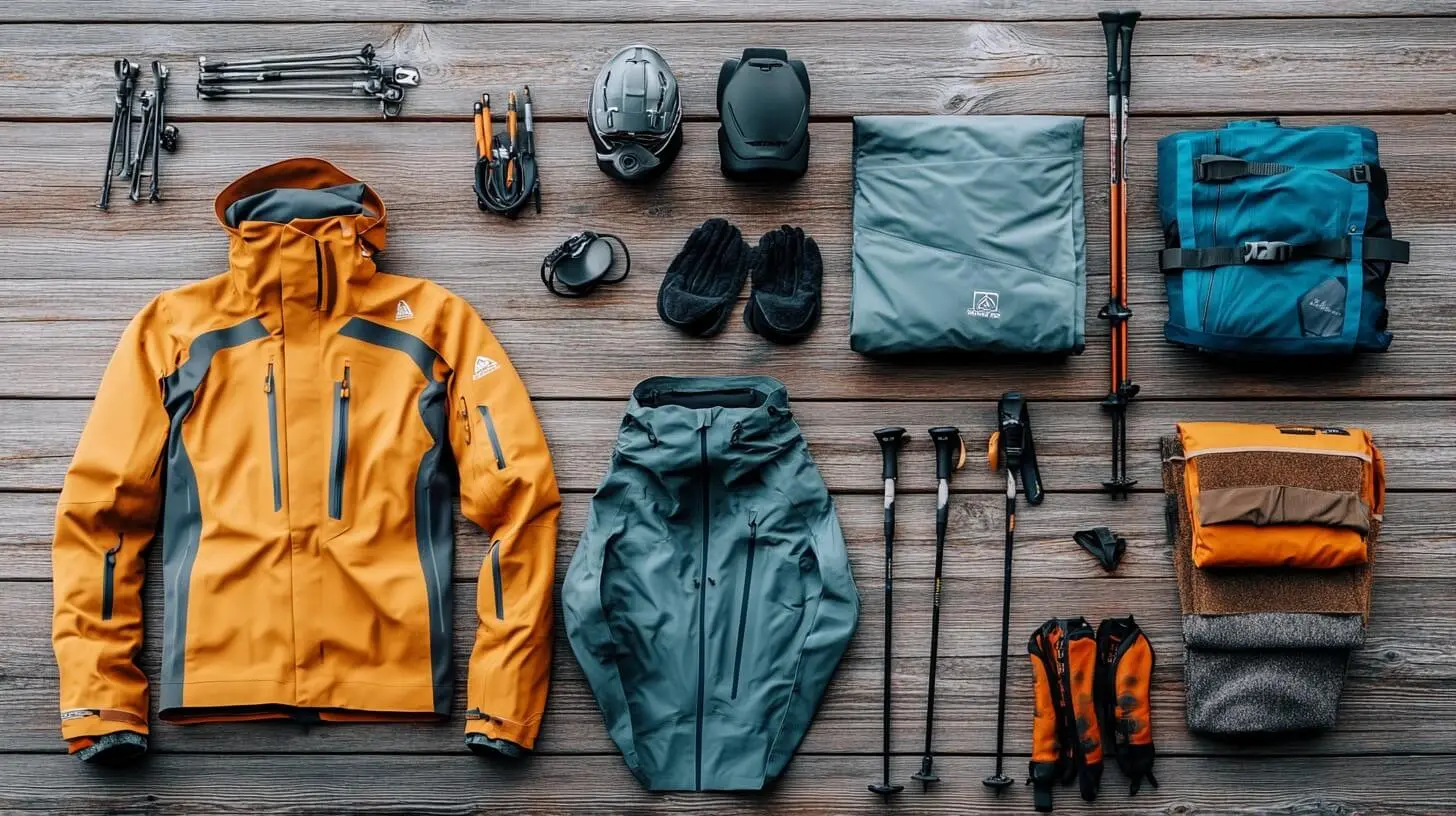Why the Right Equipment is Essential for a Winter Mountain Tour in the UK
When embarking on a winter mountain tour in the UK, having the right equipment is not just important—it’s a matter of safety and survival. The unpredictable and often harsh weather conditions can change rapidly, making it essential to be prepared for all eventualities. A well-prepared adventurer will have the appropriate layers to keep warm and dry, such as waterproof jackets, thermal base layers, and insulated gloves. Moreover, footwear with excellent grip and waterproofing is crucial to navigate snowy and icy terrain effectively.
In addition to clothing, essential tools such as map-reading skills, a compass, and a headlamp are vital for navigating in low visibility or dark conditions. Avalanche safety gear is another consideration, especially in more remote and mountainous areas where snow accumulation can lead to riskier conditions. By ensuring you have all the necessary equipment, you’ll be able to handle whatever challenges the UK mountains throw at you with confidence and safety.
Essential Equipment for a Winter Mountain Tour:
- Waterproof, insulated jacket - Stay dry and warm with a good jacket. The weather can be unpredictable, so make sure you have a solid, breathable outer layer that can handle the cold, wind, and rain.
- Thermal base layers (top and bottom) - These are your first line of defense against the cold. A moisture-wicking base layer will keep you dry while insulating your body heat.
- Insulated gloves and warm hat - Keep your hands and head warm! Insulated gloves will make a huge difference when temperatures drop, and a cozy hat will prevent body heat from escaping.
- Warm socks (preferably merino wool or synthetic) - Keep those toes cozy! Merino wool is breathable and warm, while synthetic socks dry faster if they get wet. Either way, bring a few extra pairs.
- Sturdy, waterproof hiking boots with good traction - You’ll want boots that can handle the terrain, keep your feet dry, and provide solid grip for icy or slippery paths. Comfort and durability are key.
- Snow gaiters to keep snow out of your boots - Snow gaiters will help keep the powder from getting into your boots, ensuring your feet stay dry and comfortable throughout your hike.
- Ice Axe & Crampons / Ice spikes - These are essential for winter mountain trekking. Crampons give you the traction to safely walk on ice, and an ice axe is useful for self-arresting if you slip on steep, icy slopes.
- Headlamp with extra batteries - Whether you’re heading out early or staying out late, a headlamp is essential. And always pack extra batteries—you don’t want to be left in the dark!
- Compass and map of the area - Even if you’re relying on a GPS, having a compass and physical map can be a lifesaver if your tech fails. Always be prepared to navigate the old-school way.
- Waterproof backpack or dry bags to keep gear dry - A good waterproof backpack or dry bags will protect your gear from getting soaked in case of rain or snow. No one wants wet clothes or equipment halfway through a hike.
- Avalanche safety gear (beacon, shovel, probe) if necessary - If you're heading into avalanche-prone areas, make sure you're fully equipped with a beacon, probe, and shovel to stay safe. Your safety is the most important thing.
- High-energy, easy-to-carry food (e.g., energy bars, nuts) & lots of fluid! - Keep your energy up with portable snacks like energy bars, nuts, and plenty of water or sports drinks. You’ll need fuel to keep going! Generally, a minimum of 1.5 liters of water is recommended but could need more on longer days out.
- Sunscreen and sunglasses (even in winter, the sun's rays can be intense) - Yes, even in winter! Snow can reflect the sun’s rays, so protect your skin and eyes with sunscreen and UV-protective sunglasses.
- Portable phone charger - Your phone might be your lifeline for emergency situations, so keep it charged with a portable charger. You don’t want to run out of battery in the middle of nowhere.
- First aid kit (with blister care and pain relief) - A basic first aid kit is a must for any adventure. Be sure to pack blister protection and pain relievers for those little aches and pains along the way.
- Bivvy Bag - In case of an emergency or an unexpected overnight stay, a bivvy bag is a compact, lightweight shelter that can keep you safe and warm until help arrives or the weather clears.
Have all the gear required?
Book your tour now!

